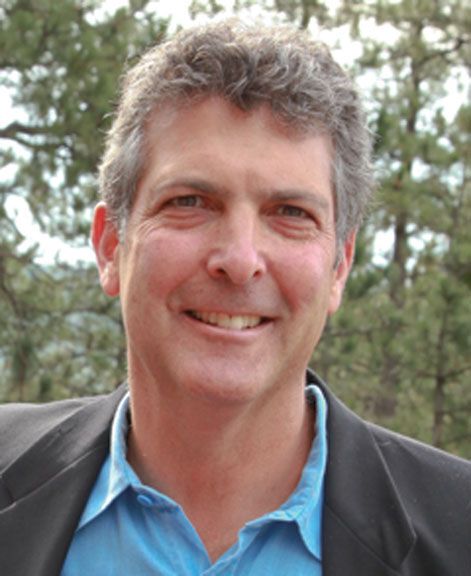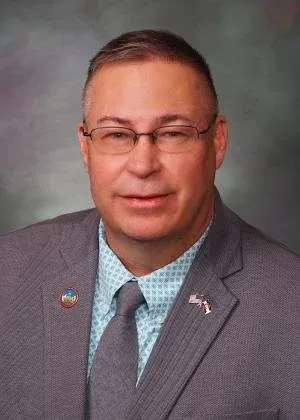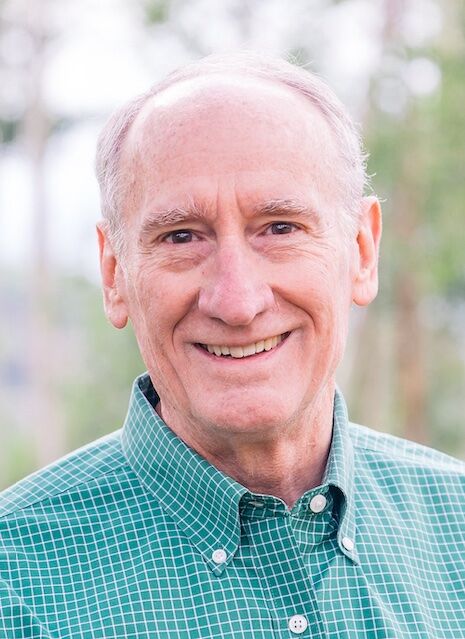Trump’s EPA edict illustrates why he can’t convince Coloradans | HUDSON
You only have to look at the Environmental Protection Agency’s (EPA) recent edict to Colorado forbidding us from proceeding with the scheduled closure of coal-fired electric generation plants to understand why the MAGA mindset fails to win support here at the ballot box. The Denver Post reported, “The EPA published a notice in the Federal Register that it intends to deny Colorado’s plan to shutter (its) coal-fired power plants.” I imagine former New York U.S. Rep. Lee Zeldin, who was appointed to run the EPA during Trump2, believes this intervention will prove wildly popular in Colorado. He is the non-scientist who brags about restoring “beautiful clean coal” as the backbone of America’s electric grid. Blogger Lucian Truscott has suggested the current department be labelled, The Environmental Destruction Agency (EDA).
It was an unlikely coalition of natural gas producers with environmental groups, and public and private power companies that decided to throw in the towel on coal. The most visible public face for this strategy was former Republican House Speaker Josh Penry from Grand Junction. Admittedly, there was considerable confusion under the Gold Dome a decade ago when this alliance was announced. Both Republican and Democratic legislators were checking in with their leadership, inquiring whether they should support this plan. It was being advanced at a time when natural gas, which was cheap and available in abundance, was also viewed as the cleaner “bridge fuel” to the future in Colorado. Rather than waste hundreds of millions of public and private dollars in court quarreling with one another, there was greater profit in scratching each other’s backs. Perhaps they were doing the right thing for the wrong reasons, but there was little opposition. Colorado and the White House are traveling on opposing tracks.
Stay up to speed: Sign up for daily opinion in your inbox Monday-Friday
Public support has remained strong with an electorate that understands climate change is primarily driven by human activities. Despite a significant partisan divide, most Coloradans both accept and prefer policies to reduce greenhouse gas emissions — 90% among Democrats and a creditable 65% for Republicans. Nationally, there is even substantial support for carbon taxes and a general acceptance of electric vehicles, even though most drivers can’t tell you where the closest re-charging station might be to their homes. It was interesting as many as 60% of prospective purchasers would prefer an American vehicle to a Chinese EV that cost $5,000 less. This highlights the importance of government rebates to incentivize American EVs. Although pollutants have been in decline across the country for most of the new century, it is expected the “One Big, Beautiful Bill” Act (OBBBA) will generate 8% more emissions in 2026 and continue to compound moving forward.
Particularly alarming is the inter-connection between environmental policy and foreign policy. An old friend, Mel Gurtov, is retired from the University of California where he taught international relations and now publishes a sporadic newsletter titled “In the Human Interest.” His most recent column was titled, “Trump Cedes the Energy Future to China.” Mel points out our two countries are moving in radically different directions on energy policy. “It’s important to note each country’s primary motivation is national security, not climate change or protection of the environment. China now has a large and growing lead in all energy technologies — the manufacture of solar panels, wind turbines, batteries and electric vehicles. The Trump administration is busily cutting subsidies to all these industries.” Li Shuo, who heads the China Climate Hub observes, “The U.S. will champion a fossil fuel economy, and China will become the leader of the low-carbon economy.” Where lies the energy future?
New York Times columnist Thomas Friedman’s conclusion is OBBBA “will make China great again. The Chinese simply can’t believe their luck: that at the dawn of the electricity-guzzling era of artificial intelligence, the U.S. President and his party have decided to engage in one of the greatest acts of strategic self-harm imaginable.” President Donald Trump claims global warming is a hoax. Not to the North American Building Trades Union, however, which slammed Trump’s budget cuts for renewable energy projects as “the biggest job-killing bill in the history of this country. Meanwhile, at the United Nations’ International Court of Justice, an opinion was recently issued that individual states must protect their people from the “urgent and existential” threat of climate change.
This opinion is only advisory for now but implies a failure to protect the planetary climate system will constitute “an internationally wrongful act.” This may sound absurdly “woke” to many, but President of the Court Iwasawa Yuji found, accurately I suspect, “The environment is the foundation of human life, upon which the health and well-being of both present and future generations depend.” Cosmologist and climate scientist Kate Marvel also has written a book titled “Human Nature” which examines “Nine Ways to Feel about our Changing Planet.” Constructed much like the familiar stages of personal grief, Marvel travels from anger and guilt to hope and love. It’s an intriguing essay.
She closes her book with the following: “There is no easy way to live on this cold, silent, planet. We can only live here, together. Here in the world that we have changed so much. Here on a watery little dirt rock in orbit around a lukewarm star. Here shining out into cold space where there is no darkness, only light we cannot see.”
For something a bit less poetic, the cover of this month’s Science News asks, “How Hot Can Earth Get?” The Permian extinction reached 163 degrees, toasty to be sure. The Cretaceous (think dinosaurs) achieved year-round daily highs of 97 degrees. Denver gets there on many summer days.
The editor’s note: “If nothing significant changes our approach to climate change, that will be just the beginning.”
Miller Hudson is a public affairs consultant and a former Colorado legislator.











